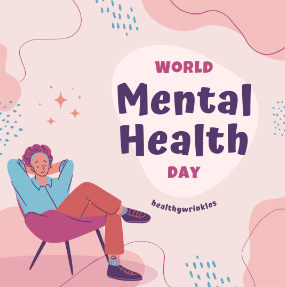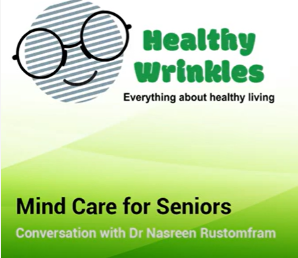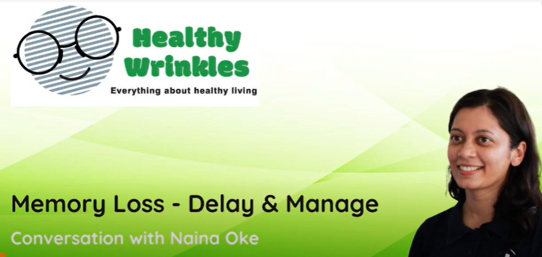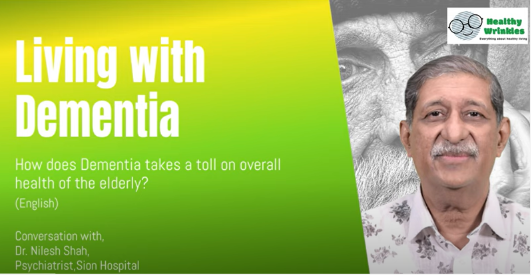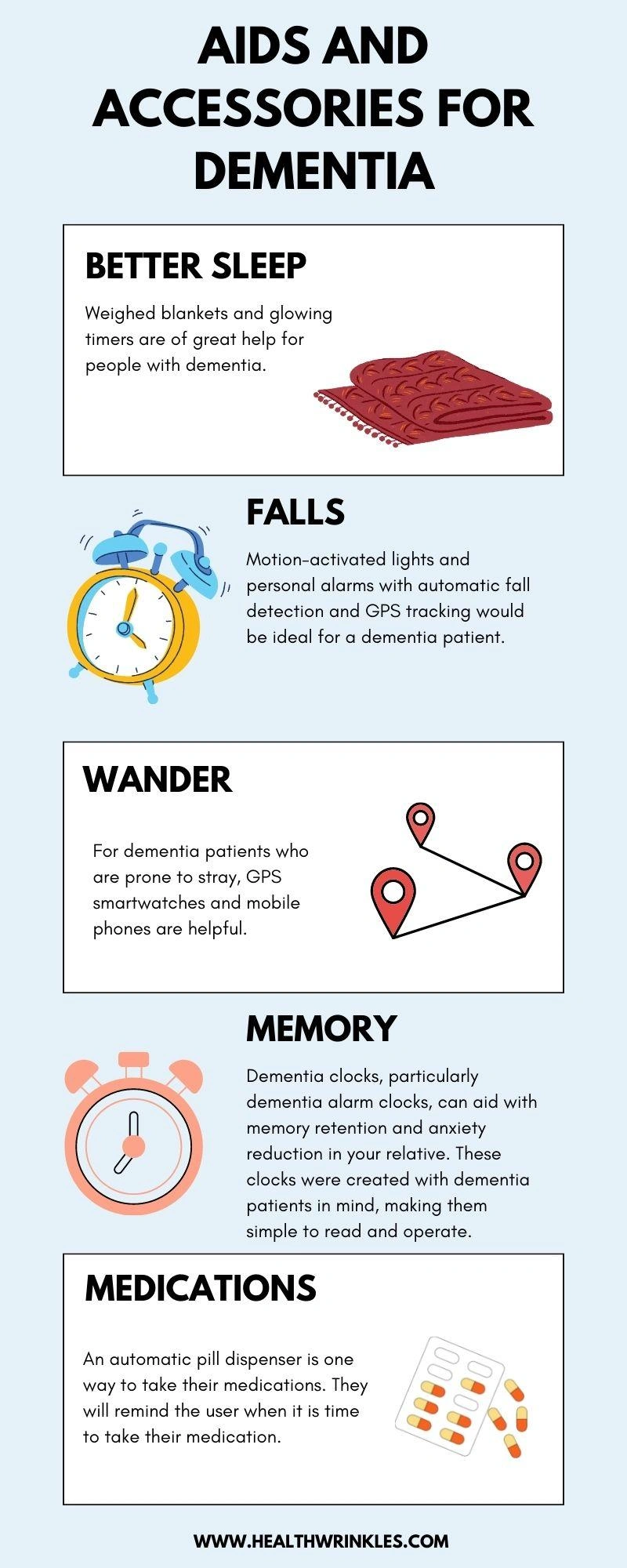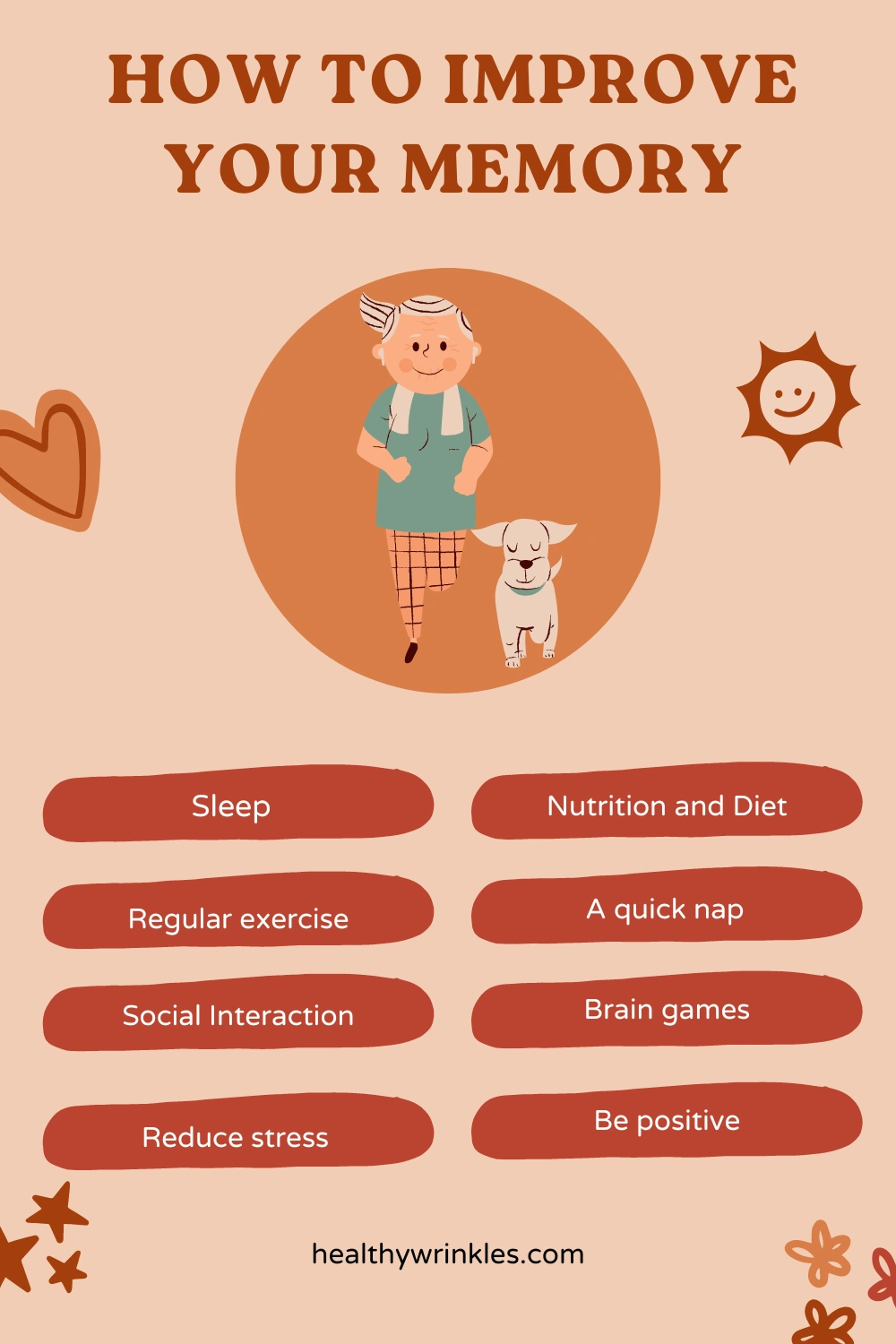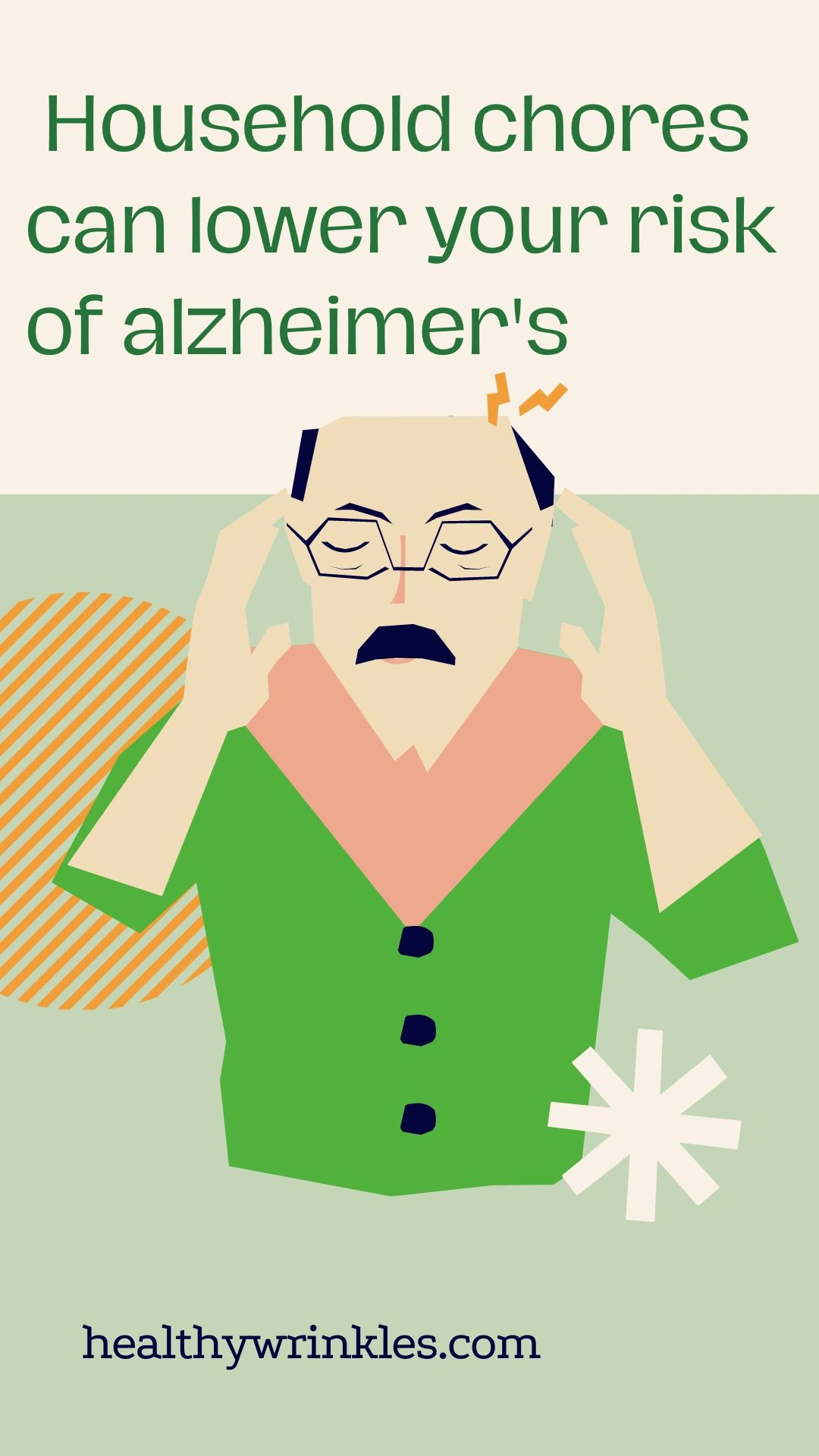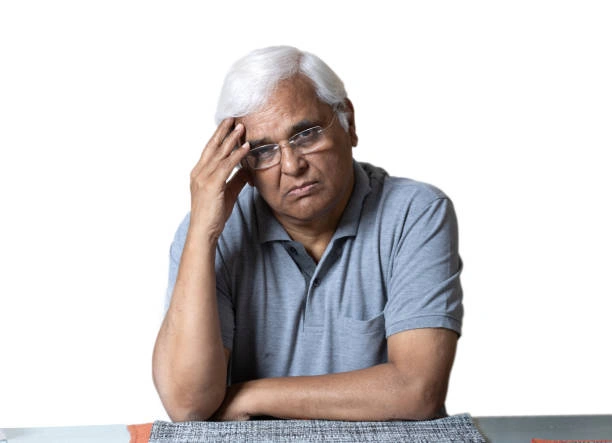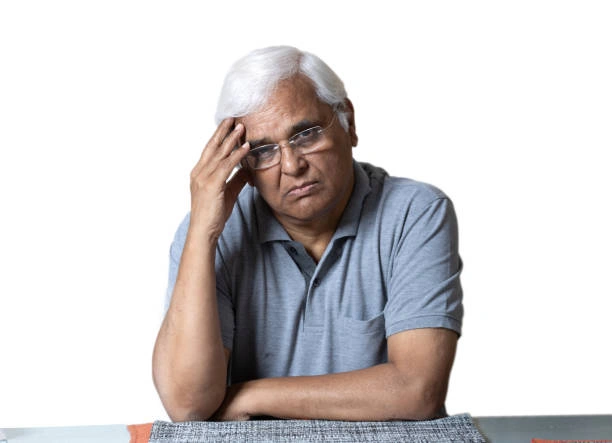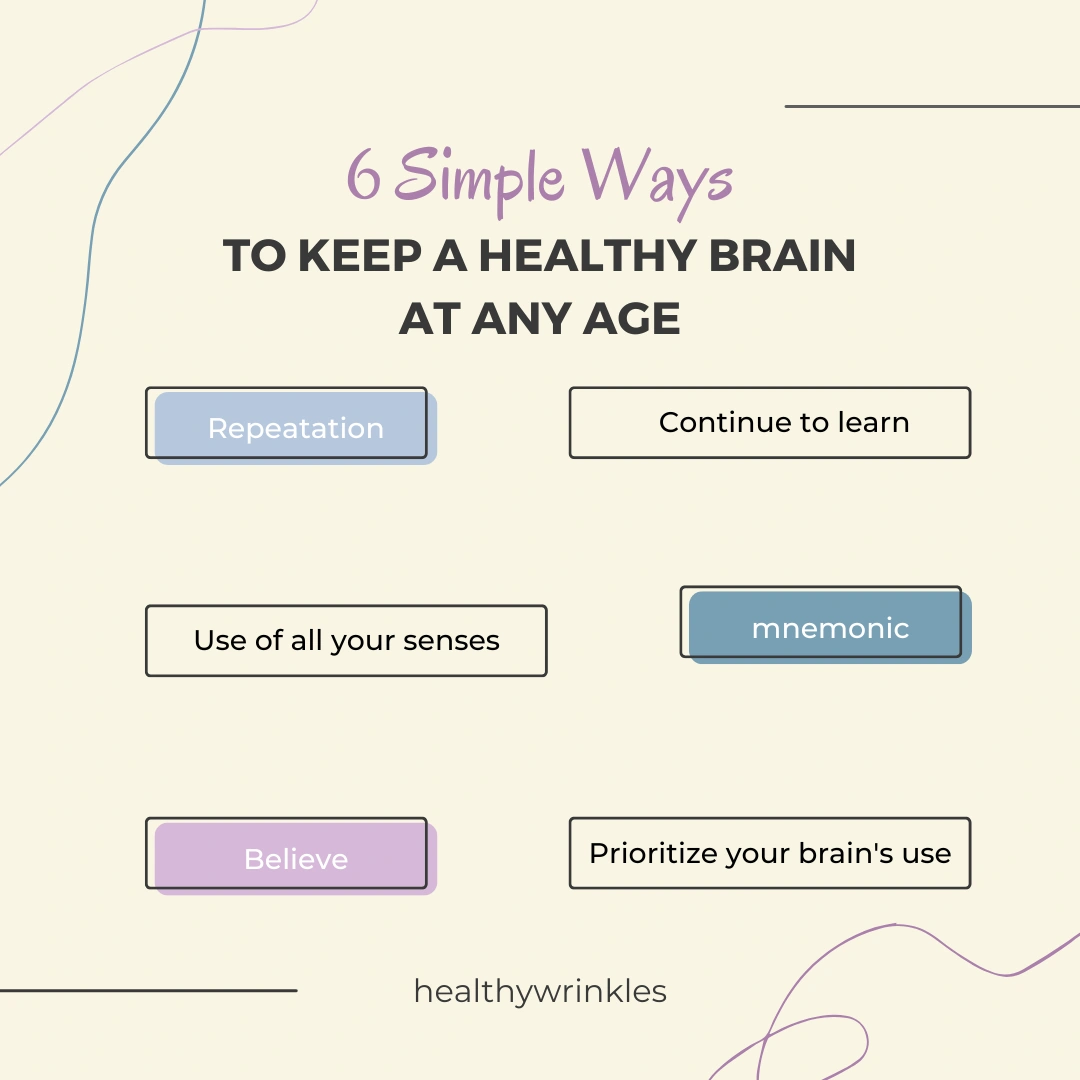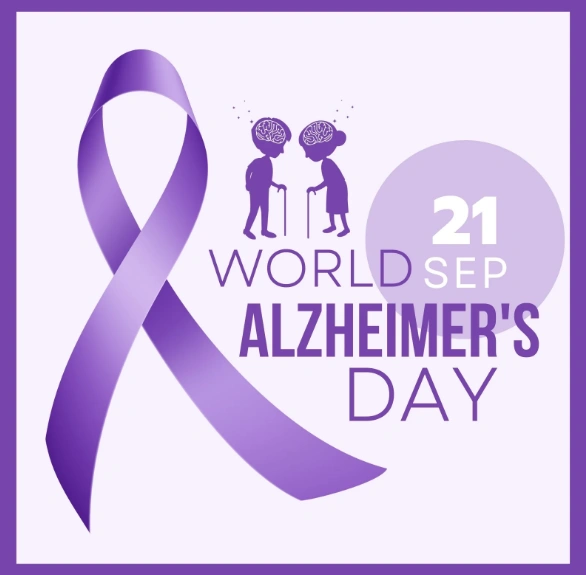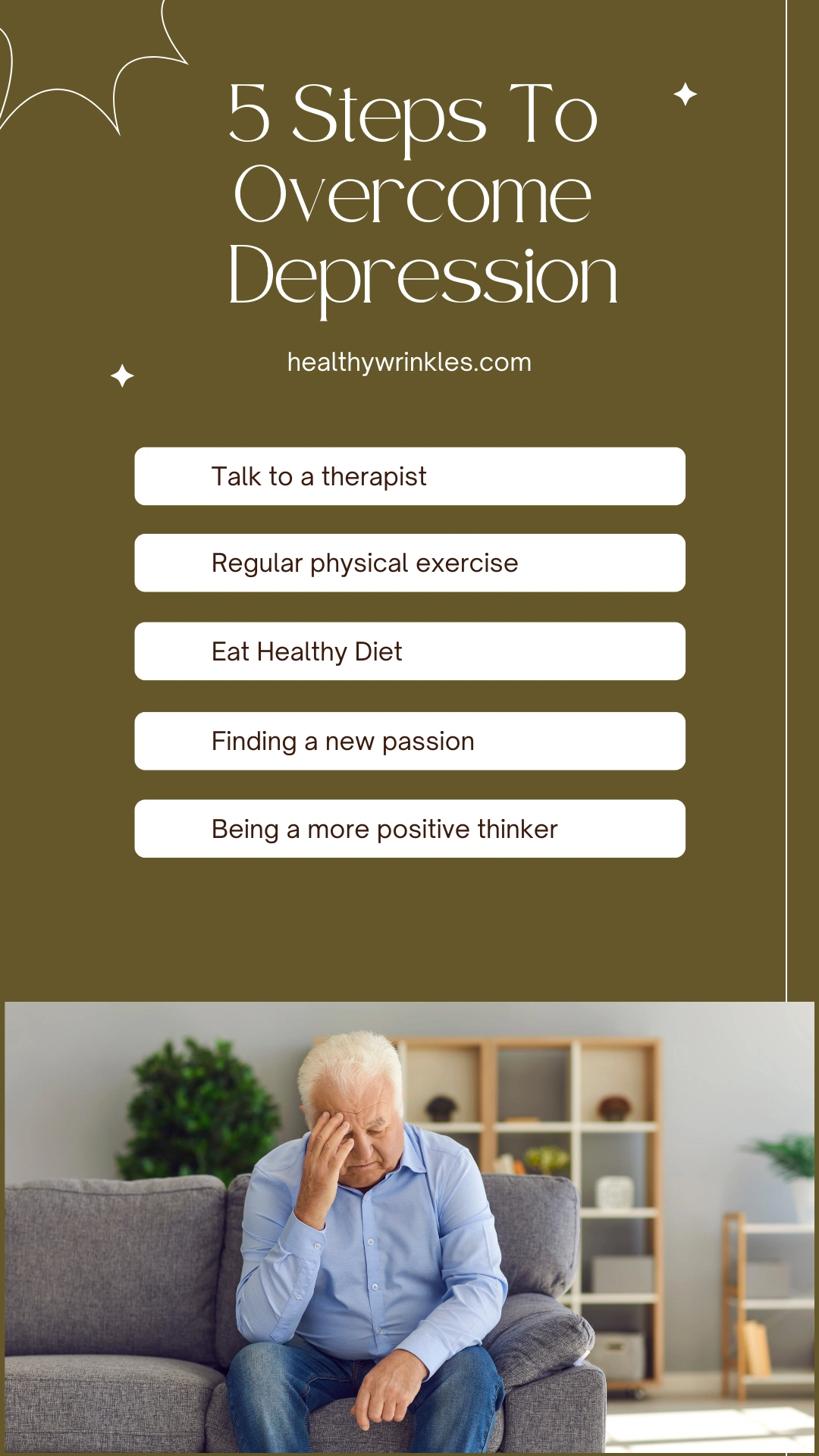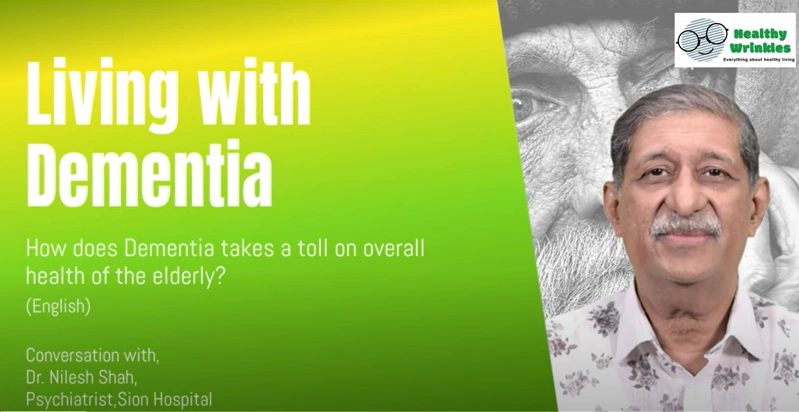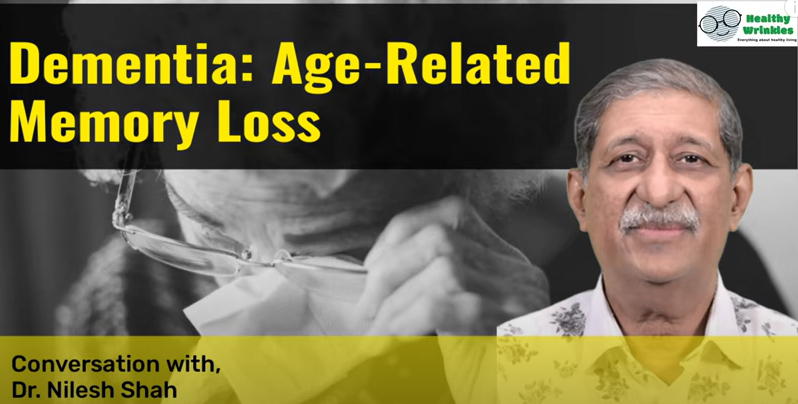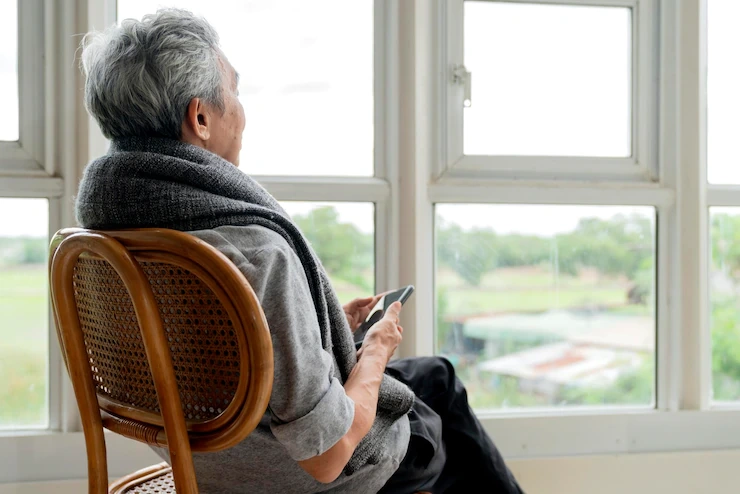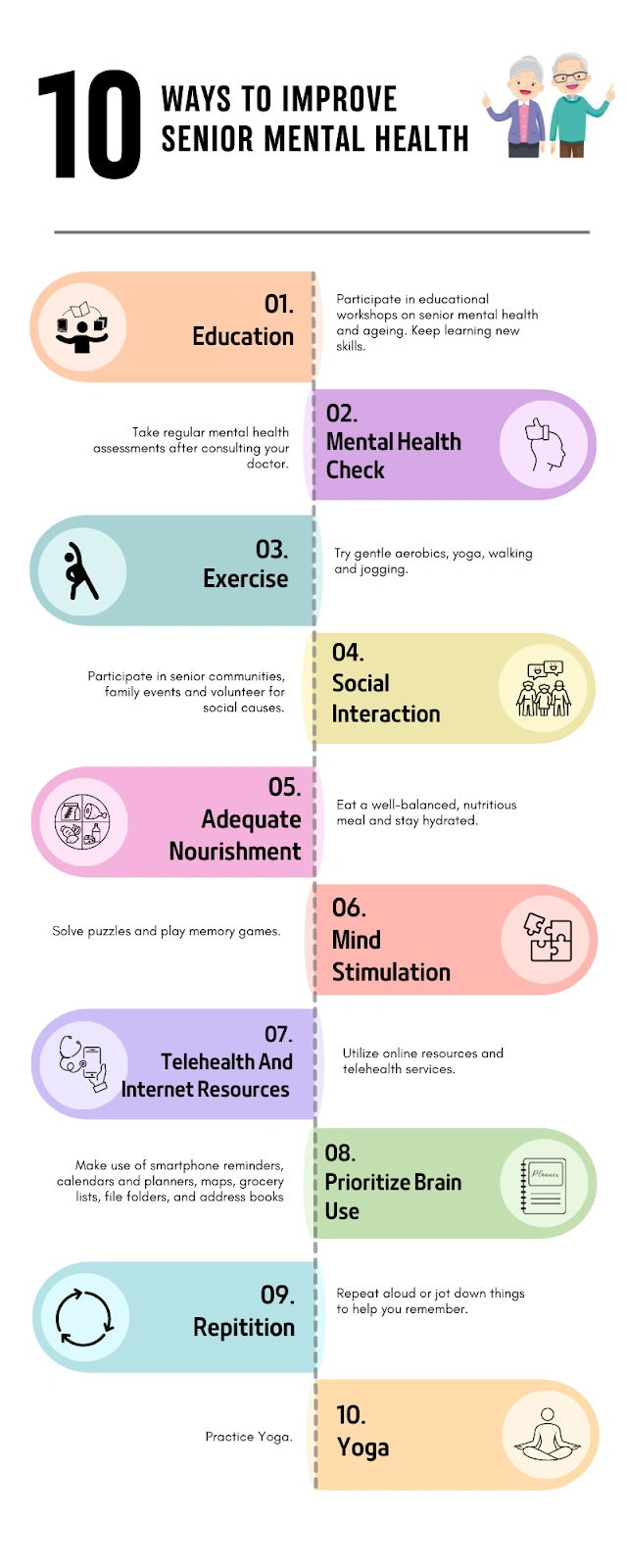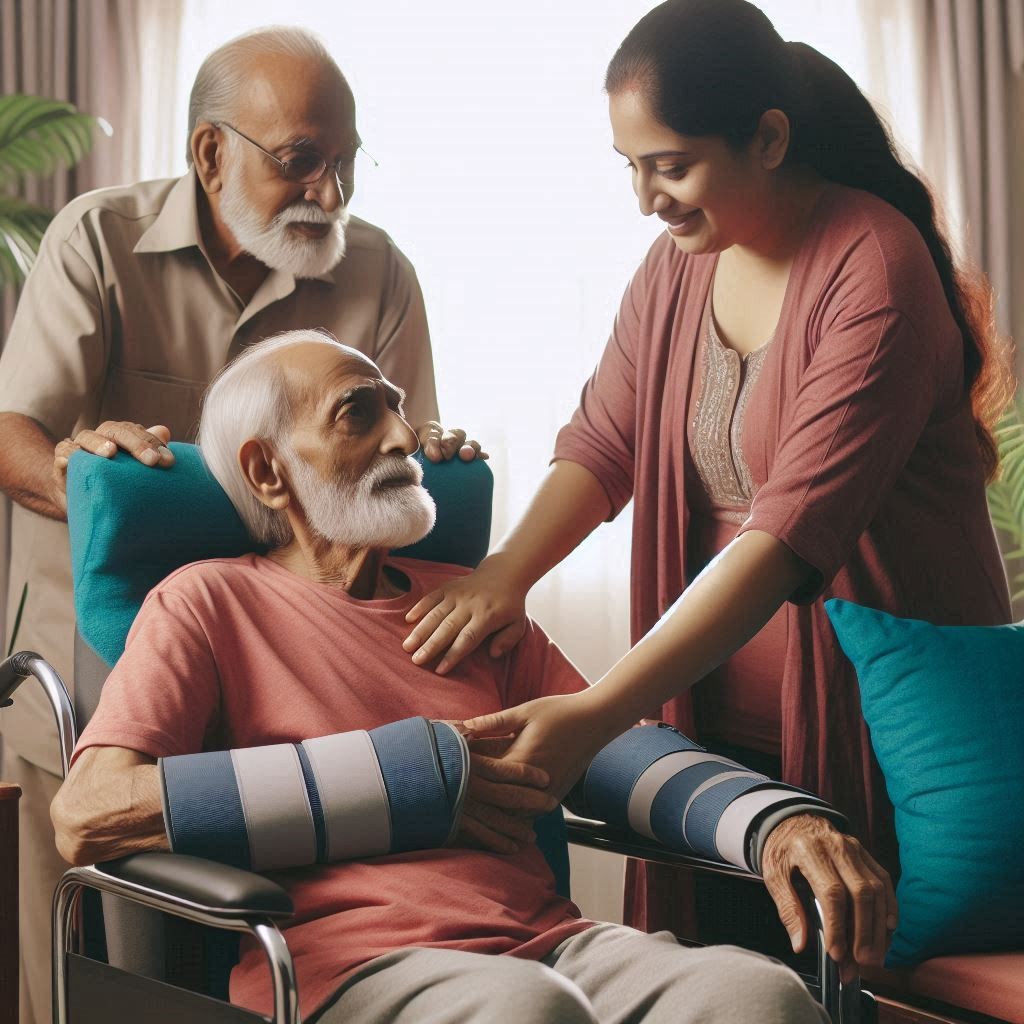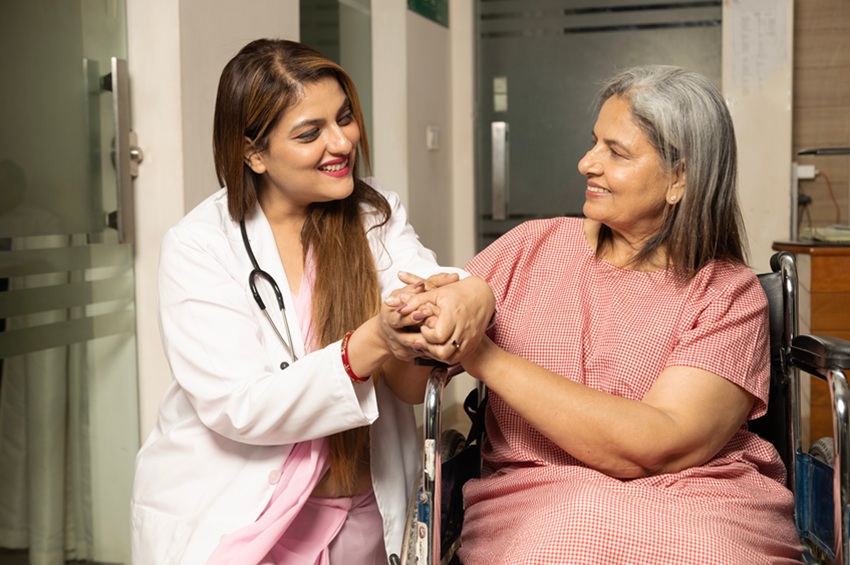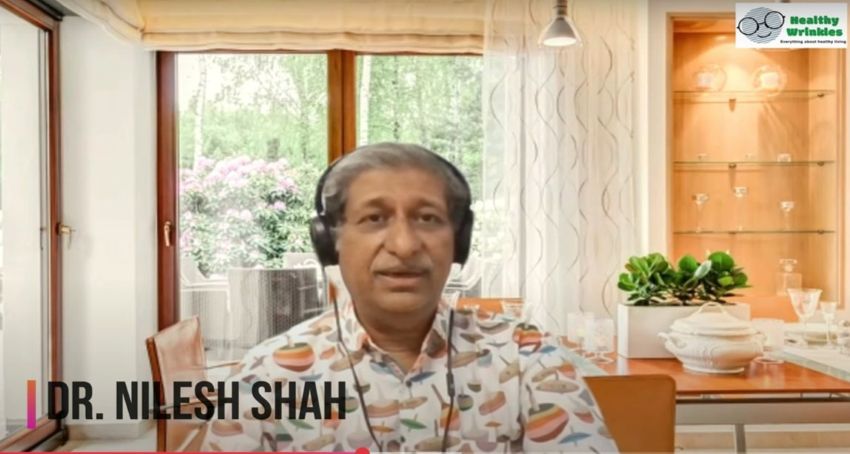Can dementia be prevented through a therapy or exercise?
Dr. Nilesh Shah, a Psychiatrist at Sion Hospital, in a conversation with Healthy Wrinkles, explains Preventive measures for Dementia. In the quest for overall well-being, mental health often takes center stage, especially as we age.
Dr. Nilesh Shah sheds light on the significance of cognitive exercises in preventing dementia and enhancing brain health. In this insightful discussion, we explore the concept of cognitive reserve and the role of novel activities in forming new neural connections. Watch our YouTube playlist on care for seniors to know more.
Building Cognitive Reserve:
Just as physical exercises build muscles and stamina, cognitive exercises play a crucial role in increasing brain cell connections and improving connectivity. Dr. Shah introduces the concept of cognitive reserve, likening it to financial savings during an economic downturn. A robust cognitive reserve ensures that individuals are less affected by dementia, offering a buffer against cognitive decline.
The Power of Cognitive Exercises:
Engaging in cognitive exercises daily contributes to better brain functioning and connectivity. Unlike routine activities such as walking, which primarily serve as mechanical exercises, cognitive exercises involve novel and diverse challenges. Dr. Shah emphasizes that activities like learning a new dance, mastering a new language, or tackling puzzles stimulate the brain, forming new connections and enhancing cognitive reserve.
Beyond Physical Exercise:
While physical exercise is essential for overall health, it does not provide the cognitive stimulation required to form new neural connections. Dr. Shah dismisses the misconception that walking is a cognitive exercise, highlighting the need for activities that challenge the brain. Instead of relying solely on familiar routines, individuals can explore new territories, such as learning a musical instrument, engaging in Sudoku, or tackling crossword puzzles.
The Novelty Factor:
Novelty plays a pivotal role in stimulating the brain. Dr. Shah suggests that activities requiring problem-solving, critical thinking, and learning something entirely new contribute to the formation of new connections. Whether it's deciphering a complex Sudoku puzzle or mastering a new dance form with unique steps, embracing novelty is key to maintaining cognitive health.
Learning a New Language:
Dr. Shah underscores the benefits of learning a new language as a powerful cognitive exercise. Delving into a language like Chinese not only stimulates the brain but also introduces individuals to a new set of linguistic challenges. Learning new words and phrases activates different areas of the brain, promoting mental agility and cognitive resilience.
Conclusion:
In the journey to prevent dementia and improve brain health, Dr. Nilesh Shah advocates for a holistic approach that goes beyond physical exercise. By incorporating cognitive exercises into daily routines, individuals can fortify their cognitive reserve, creating a protective shield against the impacts of cognitive decline. Embracing novelty, learning new skills, and engaging in mentally challenging activities are the keys to unlocking a resilient and thriving brain. Take the first step towards a healthier mind by incorporating these practices into your lifestyle today.
Whether you are searching for informative articles, or looking for healthcare providers, Healthywrinkles is an excellent resource for all your senior care needs. We also have a great compilation of all the medical expert talks for healthy aging on Healthy Wrinkle YouTube channel.
Disclaimer: Healthy Wrinkles does not recommend or offer any medical diagnosis, treatment, or advice. The information provided here is only for the awareness of disease or ailment among individuals, caregivers, and the public. The advice of doctors, licensed professionals, or therapists who are knowledgeable about your particular situation should always be sought before using the information provided here. It should also not be used in the event of a medical emergency or for the diagnosis or treatment of any medical condition. If you want urgent assistance, contact a qualified medical professional. Additionally, the information represents the author's views and not those of Healthy Wrinkles.
